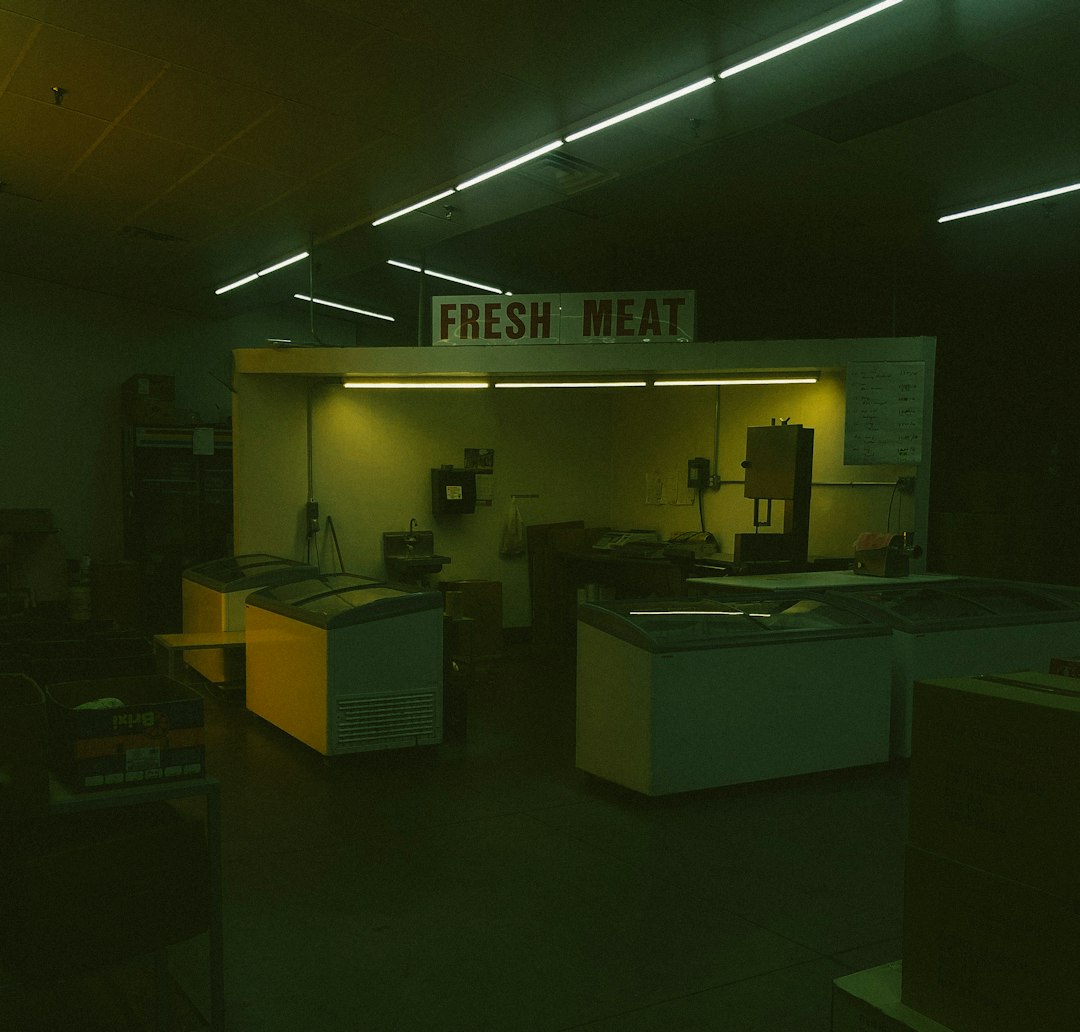Lone Stars, Lab Coats, and Legislative Showdowns: A Deep Dive into Texas, THC, and the Personalities Who Shape the Debate
1. Meet the Protagonists
• Governor Greg Abbott – A former Texas Supreme Court justice turned three-term governor, Abbott often describes his governance style as “conservative with a libertarian streak.” He is also the state’s first wheelchair-using governor after a freak tree-falling accident in 1984 left him paralyzed from the waist down—an event that still informs his views on resilience and limited government.
• Lieutenant Governor Dan Patrick – Presiding over the Texas Senate, Patrick wields unusual influence: he decides which bills get a vote, shapes the budget, and can break tie votes. A former Houston radio host, Patrick understands the power of messaging; critics call him polarizing, supporters laud him as a principled culture-warrior.
• THC (Δ-9-Tetrahydrocannabinol) – The psychoactive compound most associated with cannabis. Less known: it’s just one of more than 100 cannabinoids. A single cannabis flower may contain both intoxicating and non-intoxicating molecules, a biochemical complexity that keeps regulators—and chemists—busy.
• Texas – More than an oil patch and cowboy clichés. It ranks #1 for Fortune 500 company headquarters, has the nation’s largest certified organic cotton acreage, and gives every statewide elected official veto power over a bill—yes, even the obscure “Railroad Commissioners.”
2. Cannabinoids in the Lone Star State: A Study in Contrasts
- In 2015, Texas legalized low-THC medical cannabis for epilepsy—one of the country’s narrowest programs.
- In 2019, lawmakers unexpectedly opened doors wider by legalizing hemp (<0.3 % Δ-9-THC). The catch: hemp looks and smells just like marijuana. Prosecutors across Texas dropped thousands of possession cases because labs could not distinguish “legal hemp” from “illegal weed” without expensive equipment.
- Enter Delta-8, a THC isomer that can be synthesized from hemp-derived CBD. Intoxicating yet technically “hemp,” Δ-8 gummies popped up in Texas smoke shops almost overnight, creating a cat-and-mouse game between entrepreneurs and regulators that would make even the most seasoned patent lawyer’s head spin.
Surprise: Texas now hosts one of the largest concentrations of hemp processing facilities in the South, precisely because its otherwise strict cannabis laws pushed innovators toward legally gray cannabinoids.
3. Science Corner: Why One Atom Matters
• Δ-9-THC vs. Δ-8-THC differ only by the placement of a double bond on the ninth or eighth carbon chain. That tiny shift changes receptor binding affinity in the brain, generally making Δ-8 milder.
• Synthetic analogs: In 1985, the FDA approved dronabinol, a lab-made Δ-9 compound, for AIDS wasting and chemotherapy nausea—decades before most states considered medical marijuana.
• “Entourage effect”: Some scientists argue that cannabinoids work better together than alone, akin to how vitamin C is more bio-available in an orange than in a pill. Research is ongoing; federal Schedule I status hampers large-scale clinical trials.
4. Political Optics and Public Opinion
• According to University of Texas polling, two-thirds of Texans now support legal recreational cannabis—yet statewide elected offices remain held by politicians who oppose broad legalization. This disconnect highlights a hallmark of Texas politics: low voter turnout in primaries, where a small, ideologically intense electorate can determine nominees secure in general elections.
• Veto power in Texas is absolute unless lawmakers muster a two-thirds override—rare in a part-time legislature that meets only every odd-numbered year for 140 days. The clock, not just votes, becomes a strategic weapon.
• Cultural lens: Texas’ frontier mythology prizes self-reliance; paradoxically, that ethos fuels both pro-cannabis libertarians and anti-drug moral traditionalists. The result is policy zigzags that keep businesses guessing.
5. Broader Trends and What to Watch
- Patchwork Federalism – Forty states now allow some form of cannabis, but the plant remains federally illegal. Companies operating across state lines juggle banking restrictions, tax penalties (Section 280E), and conflicting lab-testing rules—creating a compliance maze that only the most agile survive.
- Red-State Green Rush – Conservative states like Oklahoma, Mississippi, and Alabama have recently passed medical cannabis programs, signaling that economics may trump ideology. Texas, with the world’s ninth-largest economy, is the industry’s white whale.
- Pharmacological Gold Rush – Beyond THC and CBD, researchers are eyeing cannabigerol (CBG) for antibacterial properties and cannabinol (CBN) for sleep aid potential. The race resembles early 20th-century antibiotic discovery—scientists probing a botanical treasure chest for molecule-sized miracles.
6. Fun Facts
• Willie Nelson’s cannabis brand is headquartered in Austin, but he can’t legally sell most of his own products in the state he immortalized in song.
• NASA’s Johnson Space Center strictly bans cannabis use by employees—even though some of the hemp used in astronaut clothing is milled just 30 miles away in Conroe.
• The Texas Department of Public Safety once used a zip-line and helicopter raid to seize a suspected marijuana plot near Laredo; lab tests later revealed native ragweed.
7. The Takeaway
Texas politics, cannabinoid chemistry, and cultural identity intersect in unpredictable ways. From the microscopic twist of a carbon bond to the macro-scale power of a gubernatorial veto, the story of THC in Texas isn’t just about a plant—it’s about how science, commerce, and ideology co-evolve under the scorching Lone Star sun. Whether future laws loosen or tighten, one thing is certain: the debates will be as big—and as colorful—as Texas itself.
This article was inspired by the headline: 'Abbott vetoes Texas THC ban: Here's how Lt. Gov. Dan Patrick, others reacted - FOX 7 Austin'.
